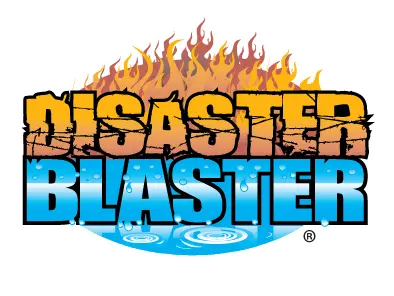
Life is unpredictable, and often major events are entirely unexpected. Whether it’s a Flood, a Fire, or a zombie apocalypse, some preparation now can make a huge difference should the unforeseen ever occur.
These emergency preparedness tips will help you prepare for a disaster before it occurs!
Design an Emergency Escape Plan
In the case of some disasters, such as Fire and Flood, it may be necessary to get out of your home quickly. Without some advanced planning, this can be chaotic and dangerous. Spend some time now designing an emergency escape plan and going over it with your family members and kids so that everyone knows what to do in the event of an emergency. In the case of storm events such as flooding or hurricane, where nearby buildings may be designated as shelters, it’s important for everyone in the family to know where these buildings and resources are. It’s also important to go over the escape plan periodically to ensure that everyone remembers, especially when children are involved.
Learn more about designing an emergency escape plan

Stock up on emergency supplies
In the event of large regional or national disasters, you may find that stores are inaccessible or empty, and suppliers may not be able to get food or supplies to you. You may even lose power or access to clean water! This can lead to a large number of issues and health concerns, from hunger to a lack of first aid.
Here are a few things that should be in your emergency preparedness kit:
• Money (You don’t know what you may lose in the disaster, and you may need some cash)
Learn CPR
You never know what may happen, and this incredibly important training could save a life. If you’re taking the time to prepare for a potential disaster, we recommend that you enroll in a local CPR class so that you are prepared should there ever be a need.
Prepare before the disaster
When you know that a storm is coming and may result in significant damage or loss of necessary services and utilities, you may want to take some additional steps to prepare before the storm hits.
Here are a few tips to prepare before the storm hits:
• Designate a person outside the area that your family is supposed to contact should you get separated.
Pay attention to community warning systems
Intended to keep you informed before, during, and after a major storm event, community warning systems can provide you with valuable information aboutt he storm’s path, early warning of serious dangers and evacuation orders, important support or relief services in your area, rescue operations, and utility restoration activities. Often made available over the radio, it’s important to pay close attention to these warnings and updates as much as possible.
Should you evacuate?
Evacuation orders are not given lightly. If your municipality, state, or government has announced an evacuation, it’s important to do so. In every disaster there are people that choose to stay behind that get trapped or hurt. Even though you may be prepared to ride out a disaster, it is strongly recommended that you not attempt to do so if you don’t need to.
While we hope you never need any of your emergency preparedness supplies, we hope this helps you prepare in the event a disaster ever strikes your area.
As always, should you ever need any help putting things back together following a disaster, please don’t hesitate to contact your local Disaster Blaster offices! We’re happy to help.
Interested in older news stories? Please see our News Archive.

